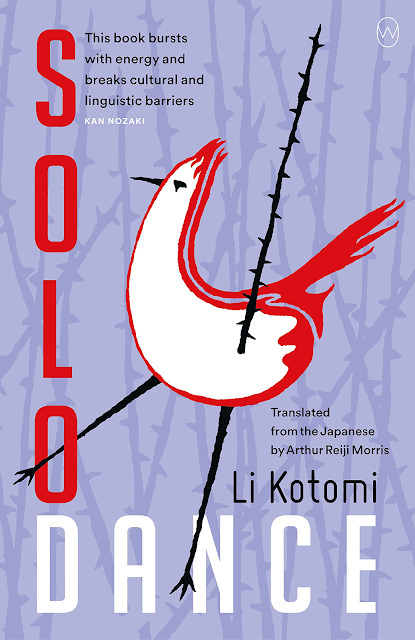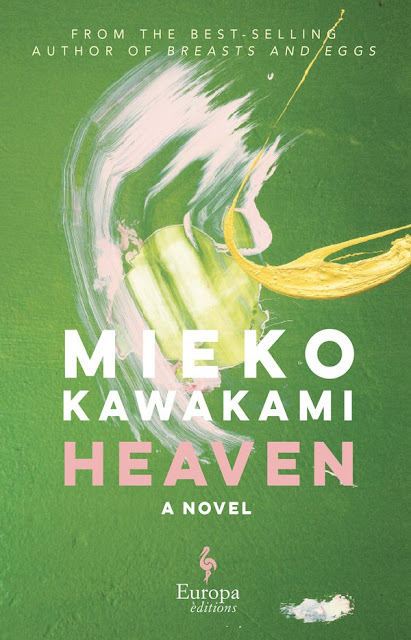Imagine, you could write a genealogy of your own. Or at least describe them in your own version: narrative and reasons. The first story in the collection, Genealogy, offers a unique look into our existence and leaves us with a food for thought. Yamazaki is playing with a fireball of life and her juggle is one of the most playful version of life I have ever read – if Darwin had read this before, he wouldn't have bothered to write a long book on the origin. In mere four pages, we have a history written down; a saga of how sex, stories, art, earth and sky, language and music came into being.
One day, there was a light. The light hit a rock… The rock fell into the sea, and became amoeba, and the amoeba began swimming around.
"That time is never going to come. People have always got married, all throughout history. There's never been a time when people didn't marry."
The third and final story of the collection Lose Your Private Life gives the name to the collection: Friendship for Grown-Ups. The protagonist of the story Terumi Yano is a novelist. What we'll know as the story progresses is that she is having difficulties in the progress of her novel, however the conflict starts outside it, when she meets a musician at a program. Musician Matsumoto lives in Kyoto and Yano lives in Tokyo, and their casual talk about their likings start a kind of friendship between them. Only that Yano falls for the musician and wants him to start recognizing her true self, beyond being a writer whom he appreciates.
I think finding someone you think is so special that you want to marry them is far more amazing thing than creating prose.
As two artists exchange messages and frequent between the two cities, the relationship turns a different way. What results is a thoughtful exploration of how an artist struggles to establish his/her identity outside what is known to everyone or him/herself; it's like opening the Johari window, only that it brings unexpected troubles; or may be not. We have read so much about a doppelgänger identity conflict, but what about the inner world of the writers? The story of Yano may or may not reflect the experiences of all other artists, but it certainly does represent most of them. The conflict of relationship and of identity exploration takes us to a different sphere in the story we believe we know; but we really know it? What is private to a writer and what is not? We dive into their world in the story.
As said in the forward by Aimee Bender, the three stories of Yamazaki captures those fluid moments from our life when all things are possible at a time. I was very much reminded of the movie Everything Everywhere All at Once while reading the Genealogy, especially the lively rocks. We are so many things at a time, we think of so many things at a time, and we try to become so many beings at a time… "Existence is but a brief crack of light…" – These stories are all about us. If you don't see them, read these stories!
Author: Nao-Cola YamazakiOriginal Text: Japanese
Translator: Polly Barton
Publisher: Strangers Press https://www.strangers.press




















